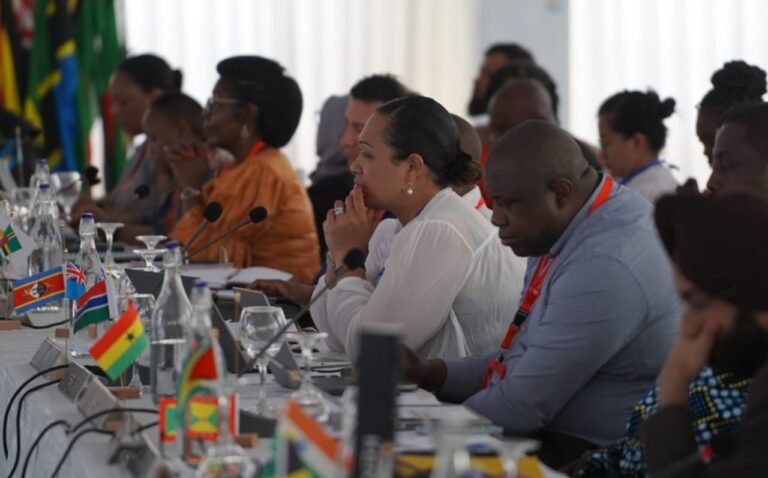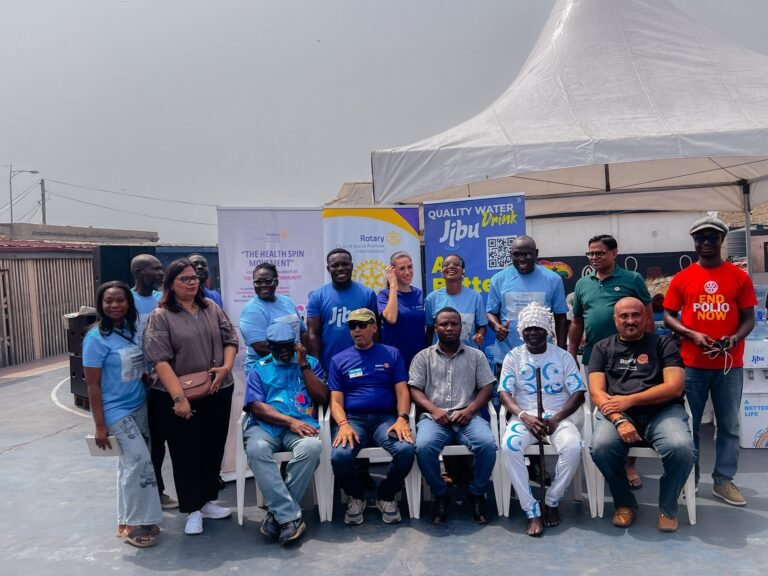
Ngozi Okonjo-Iweala, WTO Director-General
The Director-General of the World Trade Organization (WTO), Ngozi Okonjo-Iweala, noted that recent meetings with leaders and ministers at the Commonwealth Heads of Government meeting in Rwanda and the Group of Seven summit in Germany showed that perceptions about the WTO were changing.
She made the observation during the 12th WTO Ministerial Conference or MC12 in Geneva.
“Every leader I spoke to was excited about the success at the 12th Ministerial Conference (MC12) and eager to build on the results we achieved there. So, the WTO’s image, at least in the eyes of leaders, is one of triumph and hope,” she said.
WTO members secured multilaterally negotiated outcomes on a series of key trade initiatives at MC12; ten agreements, declarations, and decisions in total.
The package was the culmination of efforts by WTO members to provide concrete trade-related responses to important challenges currently confronting the world.
MC12 outcomes
The DG urged members to start focusing now on the implementation of MC12 outcomes. One immediate goal is to ensure the entry into force of the Agreement on Fisheries Subsidies, which requires the acceptance of two-thirds of the WTO’s 164 members before it can enter into force.
“It is only once we have reached this critical mass that the Agreement will begin to deliver on its promise for sustainable fisheries and healthier oceans,” she said, adding that the Agreement, the first at the WTO with environmental sustainability at its core, has received “overwhelmingly positive” reactions from world leaders as well as civil society.
WTO members also have six months to decide on the extension of the Trade-related Aspects of Intellectual Property Rights (TRIPS) waiver decision on COVID-19 vaccines to cover the production and supply of COVID-19 diagnostics and therapeutics.
To this end, the DG said it was encouraging to note that discussions on this have started in the WTO’s Council on TRIPS.
She also noted that with the MC12 declaration on food insecurity, the WTO Secretariat will provide regular updates on trade and market developments while the Committee on Agriculture will launch a dedicated work programme about agricultural reform and the concerns of net food-importing developing countries and least developed countries.
On the WTO’s agricultural negotiations, which are now into their third decade, the DG said she was disappointed with the lack of progress on this at MC12.
She suggested the idea of holding a members’ retreat in September to brainstorm on how to rejuvenate the agricultural negotiations.
“Just roll up our sleeves and freshly think about this and see how we can collectively think of a way to move forward,” she said.
Reforms
Ambassador Didier Chambovey of Switzerland, the chair of the WTO’s General Council, reported on two MC12 matters falling under the General Council’s mandate; WTO reform and the WTO electronic commerce work programme and a moratorium on customs duties on electronic transmissions.
On WTO reform, the chair noted that the “launching pad” for reform discussions is set out in the MC12 Outcome Document.
He invited members to reflect on how to take up this work, what to do with the reform proposals that are already on the table, and how best to move these discussions forward.
On e-commerce, Ambassador Chambovey noted the clear decision of members to reinvigorate the work programme and extend the moratorium as well as to intensify discussions on the moratorium’s definition, scope, and impact.
He, therefore, urged members to further reflect on how to proceed.




